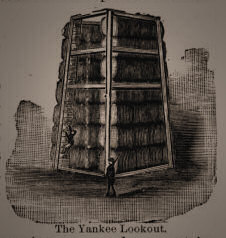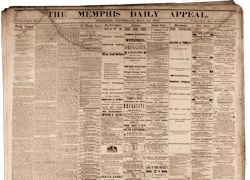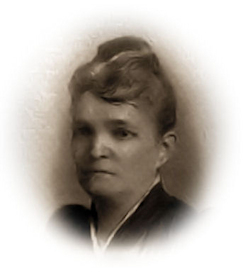JUNE 9th.—There is rumor that the President has received bad news from the West. This may be without foundation; but it is a little strange that we are not in receipt of authentic accounts of transactions there. Time, however, will reveal all things.
Lee is “marching on,” Northward, utterly regardless of the demonstrations of Hooker on the Lower Rappahannock. This is a good omen; for no doubt the demonstrations are designed merely to arrest his advance. Lee has, perhaps, 70,000 fighting men with him—leaving some 15,000 behind to defend Richmond.
The people in the “Northern Neck” have been much harassed by the incursions of the invaders. I clip the following account from the Whig of this date:
“Nearly every house was visited, and by deceptive artifices, such as disguising themselves in Confederate gray clothes, stolen, or otherwise surreptitiously obtained, they imposed themselves upon our credulous and unsuspecting people; excited their sympathies by pretending to be wounded Confederate soldiers—won their confidence, and offered to hide their horses and take care of them for them, to prevent the Yankees from taking them, who, they said, were coming on. They thus succeeded in making many of our people an easy prey to their rapacity and cunning. In this foray, they abducted about 1000 negroes, captured from 500 to 700 horses and mules, a large number of oxen, carriages, buggies and wagons—stole meat, destroyed grain, and robbed gentlemen, in the public road, of gold watches and other property. There are some instances related of personal indignity and violence. They returned with their spoils to camp, after a week devoted by them in the Northern Neck, among our unhappy people, to the highly civilized, brave, and chivalrous exploits of theft, robbery, and almost every species of felony committed upon a defenseless, unarmed, and helpless population—chiefly consisting of women and children! It was an easy achievement—a proud conquest—the more glorious to the noble and heroic Yankee, because stained with crime and won without danger to his beastly carcass.”
This is but a fair specimen of their conduct whenever they have been permitted to devastate the country with impunity.
A few days ago I addressed a letter to the Secretary of War, suggesting that the department encourage voluntary organizations of non-conscripts for local defense, and that they be armed with every superfluous musket that the government may possess. If this be done, the army will not be so much embarrassed by vehement calls to protect the people from raids everywhere; and in the event of serious disaster, the people would still make resistance. But an unarmed people would have no alternative but submission. This plan would also effectually prevent servile insurrections, etc.
To-day I received the reply, saying it would be done. But will the arms be distributed among them?





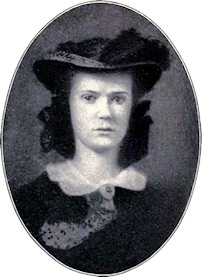
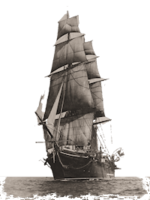

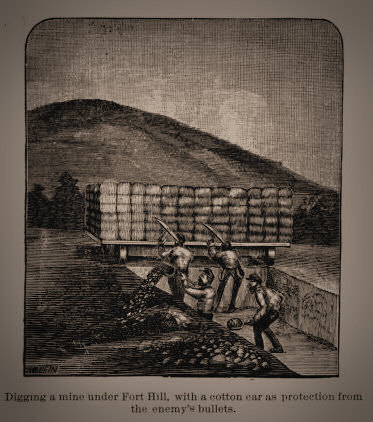 From the diary of Osborn H. Oldroyd
From the diary of Osborn H. Oldroyd